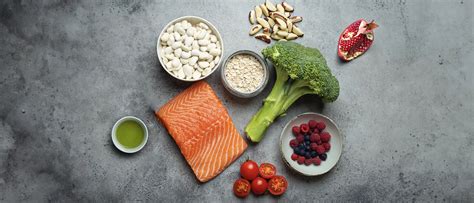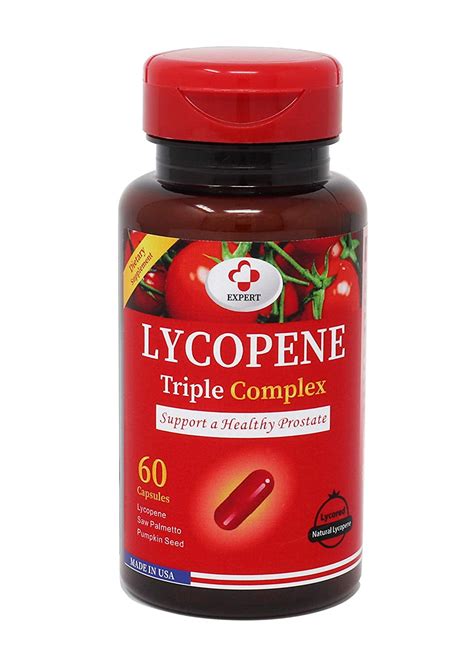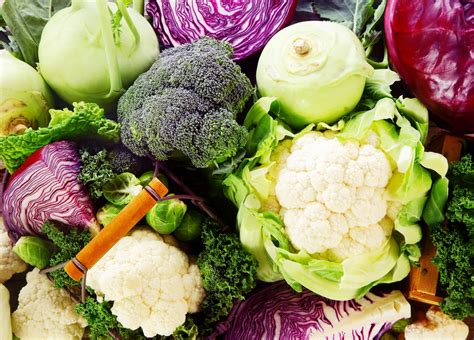Beyond general heart health, what specific dietary recommendations are particularly important for men to support prostate health?

Understanding Prostate Health Through Nutrition
For men, maintaining a healthy prostate is a crucial aspect of overall well-being, often becoming a more prominent concern with age. While a diet rich in fruits, vegetables, and lean proteins is universally recommended for cardiovascular health, specific nutritional strategies can offer targeted support for the prostate gland. Beyond simply reducing the risk of heart disease, understanding these tailored dietary recommendations can empower men to proactively safeguard their prostate health.
The Role of Diet in Prostate Wellness
Dietary choices significantly influence prostate health by affecting inflammation, hormone levels, and cellular growth. Chronic inflammation is a known risk factor for various prostate conditions, including benign prostatic hyperplasia (BPH) and prostate cancer. Furthermore, certain foods can impact the balance of hormones like testosterone, which plays a role in prostate cell proliferation. By focusing on specific nutrients, men can create an internal environment more conducive to a healthy prostate.

Key Dietary Recommendations for Prostate Support
1. Embrace Lycopene-Rich Foods
Lycopene, a potent antioxidant, is perhaps one of the most well-researched nutrients for prostate health. Found abundantly in tomatoes, especially when cooked, as well as in watermelon, pink grapefruit, and papayas, lycopene may help reduce oxidative stress and inflammation in the prostate tissue. Studies suggest that regular consumption of lycopene-rich foods can lower the risk of certain prostate issues.
2. Prioritize Omega-3 Fatty Acids
Known for their powerful anti-inflammatory properties, Omega-3 fatty acids are essential for overall health, including prostate wellness. Incorporate fatty fish like salmon, mackerel, and sardines into your diet. For plant-based sources, flaxseeds, chia seeds, and walnuts are excellent options. These healthy fats can help mitigate inflammation in the prostate gland.

3. Consume Cruciferous Vegetables
Vegetables such as broccoli, cauliflower, Brussels sprouts, and kale contain compounds like sulforaphane and indole-3-carbinol, which have been shown to support detoxification pathways and may inhibit the growth of prostate cancer cells. Aim for several servings of these nutrient powerhouses each week.
4. Boost Zinc Intake
Zinc plays a critical role in prostate function, with higher concentrations of zinc found in healthy prostate tissue. Good dietary sources include oysters (one of the richest sources), pumpkin seeds, fortified cereals, and lean meats. Adequate zinc levels are thought to be important for normal prostate cell regulation.

5. Drink Green Tea
Green tea is packed with catechins, particularly epigallocatechin gallate (EGCG), a potent antioxidant. Research suggests that regular consumption of green tea may help reduce the risk of prostate cancer progression and improve prostate health due to its anti-inflammatory and anti-proliferative effects.
6. Limit Red and Processed Meats
High consumption of red meat (especially well-done or charred) and processed meats has been linked to an increased risk of prostate cancer. Reducing your intake and opting for lean protein sources like poultry, fish, and legumes can be a beneficial step for prostate health.
7. Moderate Dairy and Saturated Fats
Some studies suggest a potential link between high dairy intake (particularly high-fat dairy) and an increased risk of prostate cancer. Similarly, excessive intake of saturated fats found in animal products may contribute to prostate issues. Opt for lower-fat dairy options or plant-based alternatives, and choose healthier fats like olive oil and avocados.

Beyond Diet: Hydration and Lifestyle
While diet is paramount, other lifestyle factors also contribute to prostate health. Ensuring adequate hydration by drinking plenty of water throughout the day can support overall urinary tract function, which is closely related to prostate health. Regular physical activity and maintaining a healthy body weight are also crucial, as obesity can impact hormone levels and increase inflammation, both of which can negatively affect the prostate.
Conclusion
Taking a proactive approach to prostate health involves going beyond general healthy eating. By specifically incorporating lycopene-rich foods, omega-3 fatty acids, cruciferous vegetables, zinc, and green tea, while moderating red meats, processed foods, and high-fat dairy, men can significantly support their prostate wellness. These targeted dietary recommendations, combined with a healthy lifestyle, form a powerful strategy for maintaining long-term prostate health. Always consult with a healthcare professional or a registered dietitian for personalized advice.









